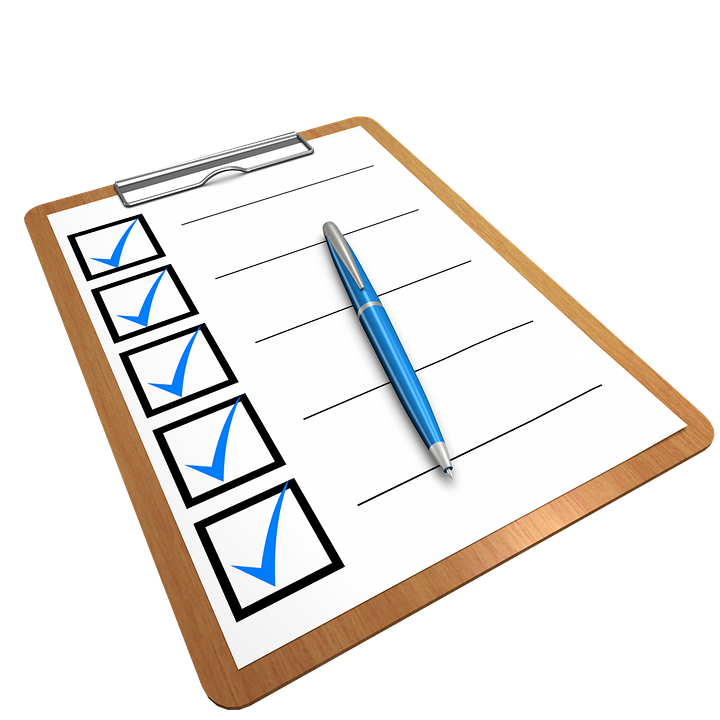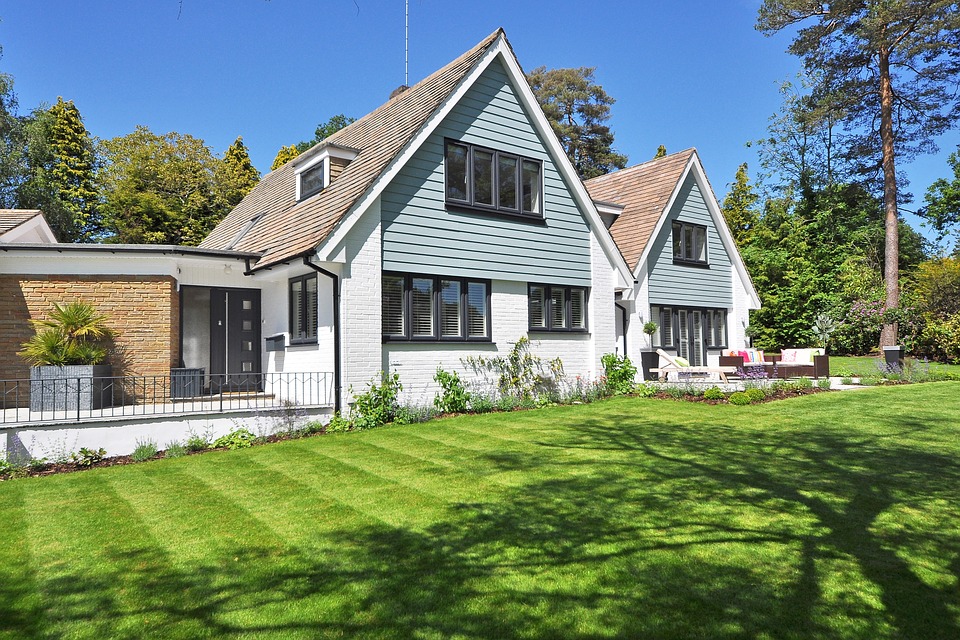So you’re thinking about getting a reverse mortgage. If you’re at least 62 years old and meet all of the requirements, a reverse mortgage can be a great way to access extra funds. At the same time, a lot of people aren’t sure whether or not a reverse mortgage is right for them. While this is a decision that should be discussed with a financial advisor, here is a list of pros and cons for you to consider.
Pros – The good stuff:
Pro: The funds you get from a reverse mortgage are not taxable income.
Pro: You are not required to make monthly mortgage payments, but you can do so without penalty.
Pro: As long as your reverse mortgage has FHA insurance, you will not end up owing more than what your home is worth.
Pro: You can continue to live in your house and you remain the home owner for as long as you comply with the loan terms.
Pro: There are a combination of ways that you can receive the funds from a reverse mortgage.
Pro: You can use the funds for whatever you wish; however, you must pay off any remaining balance on any current mortgages first.
Pro: In many cases, reverse mortgages can be refinanced if your home increases in value, allowing you to have access to more funds.

Pros/Cons - Depending on whether you’re a “Glass Half Full” or Glass Half Empty” type of person:
Pro/Con: You must continue to pay taxes on the house, keep it insured and well maintained. However, as you’ll be living in the home that your reverse mortgage is on, one would hope you would want to keep it maintained!
Pro/Con: Reverse mortgages tend to have strict regulations; however, many of these are designed to protect the borrower.
Cons – Every decision has them:
Con: You will leave less of an asset to your heirs. However, they can still inherit your home through the loan payoff process, and they will inherit any remaining equity.
Con: Fees can be higher than those of a traditional mortgage. However, they can be paid with funds from the reverse mortgage.
Con: The loan will need to be repaid (but all loans need to be repaid eventually). In this case, when the last borrower leaves the home.
Con: You can’t get a reverse mortgage on vacation homes, mobile homes, or investment properties. Jumbo reverse mortgages are not common but they do exist.
Con: Reverse mortgages place a lien on the home.

Final Thoughts
Hopefully this Pros & Cons list helped you realize both the benefits and the downsides of reverse mortgages. Looking at lists such as these can be a great way to realize what factors are important to you, and which ones you don’t care as much about. If you’d like to learn more about reverse mortgages, check out these other articles from RateZip:
Mortgages, Second Mortgages, Reverse Mortgages Oh My!
This is a list with a quick summary of the various types of mortgages and home loans, including reverse mortgages. It’s a good starting point if you’re not familiar with the mortgage industry and want to learn more.
The Ins and Outs of Reverse Mortgages
This article goes into more detail about reverse mortgages, including what they are and who can get one. If you’re considering a reverse mortgage, definitely read this.
Reverse Mortgage Scams: How to Spot Them and What to Do
This article goes over some of the common types of reverse mortgage scams and shows you how to avoid them. Reverse mortgages are known to be very safe, but it’s still important to be wary of scammers.
Want to know if a reverse mortgage is right for you? Take this three minute quiz to find out!






















